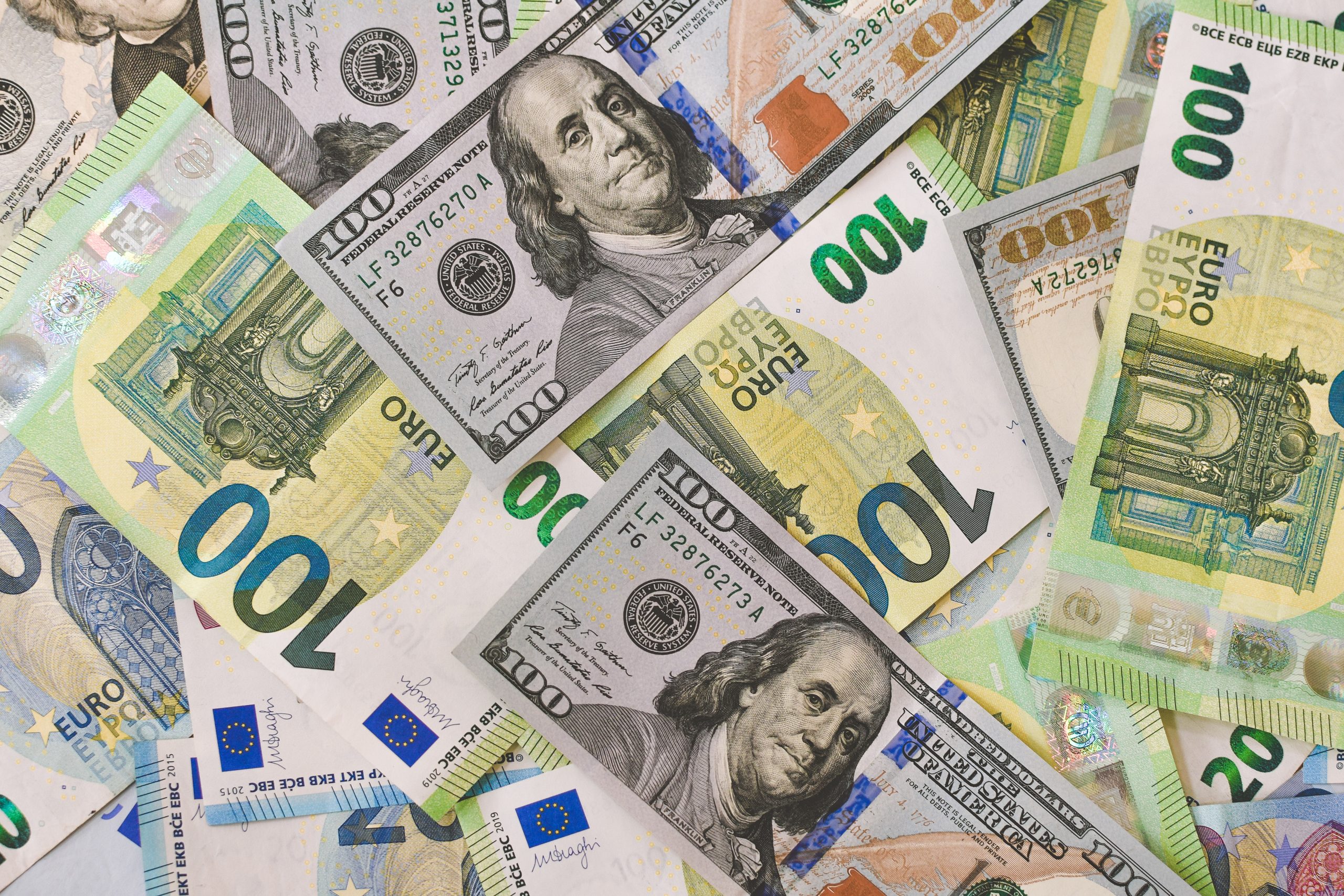For more than two years, Apple shareholders and consumers alike have waited for the results of a European Commission investigation into the computer giant’s tax structures and practices. The wait may now be over: last week, rumors swirled that a ruling would likely come this week. Today, citing “people familiar with the situation,” Bloomberg announced that a ruling might come as soon as tomorrow.
The Commission investigation has focused on whether multinational companies, including Apple, were engaging in controversial practices to lower their tax bills. In 2015, the Commission, which investigated similar deals involving Fiat Finance and Trade in Luxembourg and Starbucks in the Netherlands, found that “selective tax advantages” were granted to those companies. Those advantages, the Commission found, allowed those companies to artificially lower their tax bills, “saving” millions in taxes. As a result, the Commission has ordered Fiat and Starbucks to repay tens of millions of euros in back taxes. Those decisions are being appealed.
A similar finding, ruling that Apple benefited from a special deal with Ireland, is expected. Investment bank JP Morgan has warned that such a ruling could cost the company as much as $19 billion, though The Irish Times reports that the tax liability is “expected to amount to hundreds of millions of euro.”
No matter what the number looks like, don’t expect Apple to pay up any time soon. Apple’s CEO, Tim Cook, has said about the investigation, “I don’t know how they will rule. I hope that we get a fair hearing. If we don’t, then we would obviously appeal it.”
And while Ireland also claims that it did nothing wrong, it did switch gears in 2014, the same year the investigation began, with an announcement that it will put an end to tax-favored breaks used by companies like Apple and Google.
Following the launch of the Commission’s investigation, Apple subsequently agreed to pay 318 million euros ($347.72 million U.S.) to settle a tax dispute in Italy involving the payment of back taxes. Apple had initially denied the suggestion that Apple owed any additional taxes, with Cook telling CBS’ 60 Minutes just two weeks before, that “Apple pays every tax dollar we owe,” calling the idea that Apple is avoiding taxes on overseas profits “political crap.”
Apple has long admitted to lowering its tax rate by taking advantage of global tax laws but continues to maintain that they have always acted legally.
The tech company has received a lot of press for its tax practices at home and abroad. In an interview with The Washington Post earlier this summer, Cook discussed the company’s decision not to repatriate income earned overseas, saying that he wouldn’t bring over Apple’s overseas funds “until there’s a fair rate,” meaning, of course, a “fair” tax rate. Apple currently has more than $230 billion cash sitting offshore. Parked funds aren’t generally subject to tax – yet. However, when the money comes back to the U.S., it will be taxed.
It was no surprise, then, when Cook was asked to testify before Congress about Apple’s tax practices. At the hearing, Cook defended the company’s tax practices, even as Sen. Carl Levin (D-MI), then chairman of the Senate Permanent Subcommittee on Investigations, criticized the company, saying, “Closing these kinds of unjustified loopholes could provide hundreds of billions of dollars to reduce the deficit and avert damaging budget cuts.” Sen. John McCain (R-AZ) refused to criticize the company directly but did say that their tax strategy was indicative of “a flawed corporate tax system.”
You can watch Cook’s 2013 testimony before the Senate here (it’s a little over 30 minutes, if that’s too long for you, you can read some of the then live blog coverage from Americans For Tax Fairness here).
Despite criticisms, Apple has so far escaped a hefty tax bill in the United States. You’d think that might draw ire from tax authorities – but you’d be wrong. Last week, the Treasury Department issued a white paper, commissioned by Secretary Jack Lew, accusing the European Commission of a power grab. Among other things, the Department said the investigations against Apple and other American-based companies marked a departure from existing law and will “undermine the multilateral progress made towards reducing tax avoidance.”
It may sound like the Treasury is protecting Apple and companies like Apple. But you’d be wrong. You have to dig a little deeper to find out the real reason for the criticisms: Treasury is worried about losing revenue. Treasury writes, in part, that taxing corporate profits abroad might mean “the companies’ U.S. tax liability would be reduced dollar for dollar by these recoveries when their offshore earnings are repatriated or treated as repatriated as part of possible U.S. tax reform.” The result? It might “effectively constitute a transfer of revenue to the EU from the U.S. government and its taxpayers.” Don’t forget: the U.S. has been patiently waiting for Apple to bring those profits back so they could be taxed. In other words, in a battle between tax jurisdictions, the U.S. is worried that this wait and see strategy is about to be usurped. If that happens, the U.S. could lose out on big dollars.
You can read the 26 page Treasury white paper here (downloads as a pdf).
Apple has continued to deny the allegations that it benefitted from any deal made with Ireland, with Cook saying, “The structure we have was applicable to everybody — it wasn’t something that was done unique to Apple. It was their law.”
We’ll see what the Commission has to say this week.
Apple did not yet reply to my request for comment (I’ll update as necessary).
Recent Posts
Most Used Categories
- individual (1,314)
- politics (862)
- IRS news/announcements (753)
- tax policy (582)
- ask the taxgirl (543)
- prosecutions, felonies and misdemeanors (479)
- just for fun (478)
- state & local (403)
- pop culture (399)
- charitable organizations (389)
Skip to content




Skip to content



